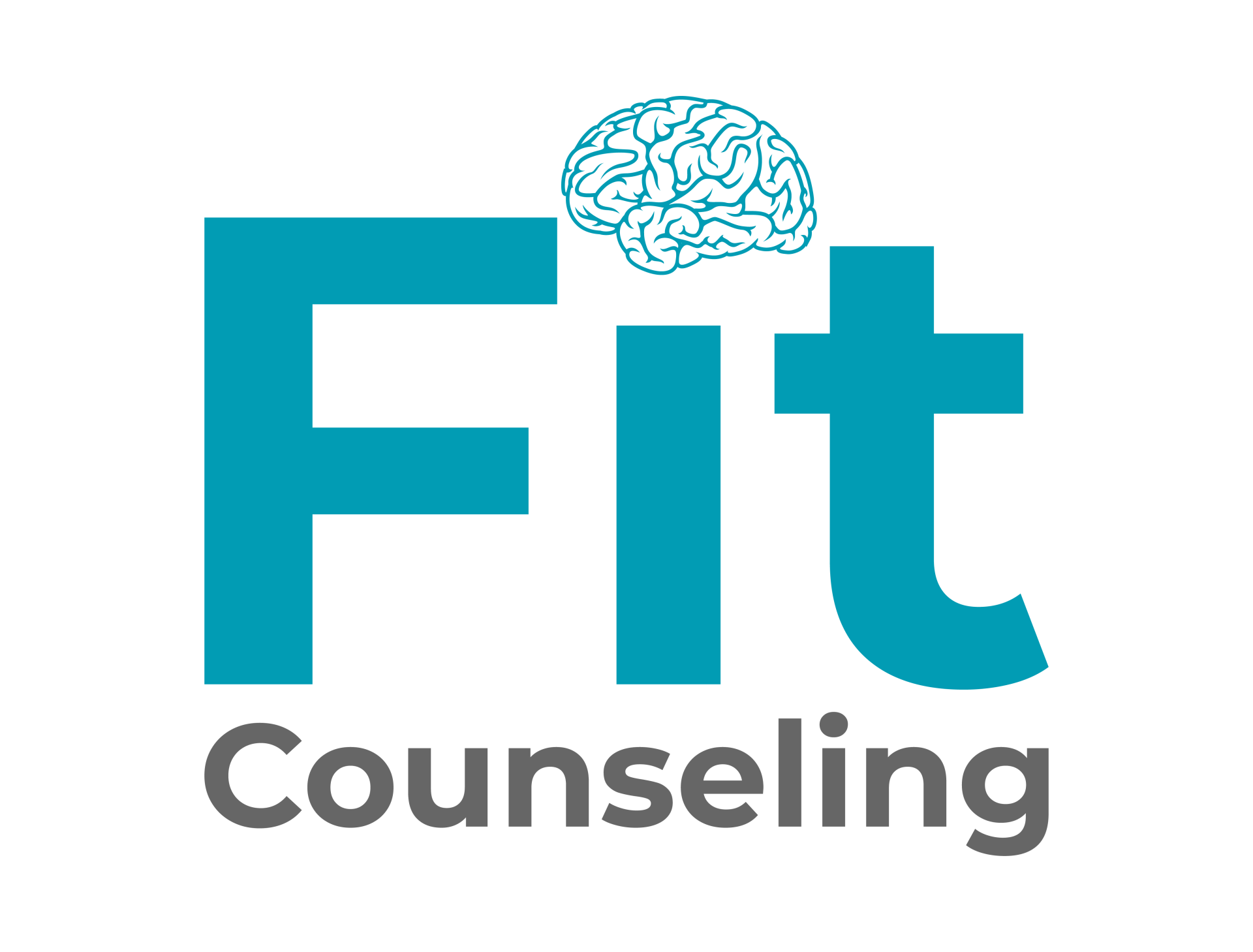Concurring Your Mind: 10 Negative Thoughts

Cognitive therapy focused on altering your thoughts from a negative to a more positive alternative. Cognitive Behavioral Therapy (CBT) is the most effective, research proven intervention in counseling for depression and anxiety, among many other mental health issues. CBT can help you find motivation, manage your symptoms, improve your mood, decrease your stress, provide support and help assist you in relieving your depression or anxiety. Call (954) 507-0144 for more information!
United States, Florida, Coral Springs
I think all of us can agree that sometimes you mind can be your best friend or your biggest enemy. When we start a goal we are motivated to change. We are thinking positively and hopeful about the future. Over time, that will power is not enough and we go back to our negative thought patterns that took us off track from our goal the first time. Therefore, the first step to any change is conquering your mind. Humans by nature are pessimists. All of us think negative from time to time, some more than others. In order to move forward we have to fight that with more positive alternative thoughts. Can't I just tell myself "stop thinking that, stop thinking that." The answer is no! If I tell you to not think about a pink elephant now all you can do is think about it. Your brain processed the "pink elephant" and not the "not."
In counseling, we learn that first we have recognize when we are having these negative thoughts in order to start changing them. Sometimes they are so common and natural for us we don't even realize when they are happening. You have to know you have a problem so you can change that problem. Here are the 10 most common negative thought patterns bought to you in collaboration with Dr. Hovi Shroff.
1. All-or-nothing thinking – You see things in black-or-white. Everything is either all good or all bad. If a situation falls short of perfect, you see it as a total failure. When a young woman on a diet ate a spoonful of ice cream, she said to herself, “I’ve blown my diet completely.” This thought upset her so much that she gobbled down an entire quart of ice cream.
2. Overgeneralization – You see a single negative event, such as a romantic rejection or a career reversal, as a never-ending pattern of defeat by using words such as “always” or “never” when you think about it. A depressed salesman became terribly upset when he noticed bird dung on the window of his car. He told himself, “Just my luck! Birds are always crapping on my car!”
3. Mental Filter – You pick out a single negative detail and dwell on it exclusively, so that your vision of reality becomes darkened, like the drop of ink that discolors a beaker of water. Example: You receive many positive comments about your presentation to a group of associates at work, but one of them says something mildly critical. You obsess about his reaction for days and ignore all the positive feedback.
4. Discounting the positive – You reject positive experiences by insisting that they “don’t count.” If you do a good job, you may tell yourself that it wasn’t good enough or that anyone could have done as well. Discounting the positives takes the joy out of life and makes you feel inadequate and unrewarded.
5. Jumping to conclusions – You interpret things negatively when there are no facts to support your conclusion. Mind Reading : Without checking it out, you conclude that someone is reacting negatively to you. Fortune-telling: You predict that things will turn out badly. Before a test you may tell yourself, “I’m really going to blow it. What if I flunk?” If you’re depressed you may tell yourself, “I’ll never get better.”
6. Magnification – You exaggerate the importance of your problems and shortcomings, or you minimize the importance of your desirable qualities. This is also called the “binocular trick.”
7. Emotional Reasoning – You assume that your negative emotions necessarily reflect the way things really are: “I feel terrified about going on airplanes. It must be very dangerous to fly.” Or, “I feel guilty. I must be a rotten person.” Or, “I feel angry. This proves that I’m being treated unfairly.” Or, “I feel so inferior. This means I’m a second rate person.” Or, “I feel hopeless. I must really be hopeless.”
8. “Should” statements – You tell yourself that things should be the way you hoped or expected them to be. After playing a difficult piece on the piano, a gifted pianist told herself, “I shouldn’t have made so many mistakes.” This made her feel so disgusted that she quit practicing for several days. “Musts,” “oughts” and “have tos” are similar offenders.
“Should statements” that are directed against yourself lead to guilt and frustration. Should statements that are directed against other people or the world in general, lead to anger and frustration: “He shouldn’t be so stubborn and argumentative!”
Many people try to motivate themselves with shoulds and shouldn’ts, as if they were delinquents who had to be punished before they could be expected to do anything. “I shouldn’t eat that doughnut.” This usually doesn’t work because all these shoulds and musts make you feel rebellious and you get the urge to do just the opposite. I tell my client's all the time "should" is shaming. Dr. Albert Ellis has called this ” must erbation.” I call it the “shouldy” approach to life.
9. Labeling – Labeling is an extreme form of all-or-nothing thinking. Instead of saying “I made a mistake,” you attach a negative label to yourself: “I’m a loser.” You might also label yourself “a fool” or “a failure” or “a jerk.” Labeling is quite irrational because you are not the same as what you do. Human beings exist, but “fools,” “losers” and “jerks” do not. These labels are just useless abstractions that lead to anger, anxiety, frustration and low self-esteem.
10. Personalization and Blame - Personalization comes when you hold yourself personally responsible for an event that isn’t entirely under your control. When a woman received a note that her child was having difficulty in school, she told herself, “This shows what a bad mother I am,” instead of trying to pinpoint the cause of the problem so that she could be helpful to her child. When another woman’s husband beat her, she told herself, “If only I was better in bed, he wouldn’t beat me.” Personalization leads to guilt, shame and feelings of inadequacy.
Knowledge is power and now that you know your negative thoughts we can work on them. South Florida residents that are seeking help in increasing their mood and decreasing their anxiety can find support and individualized counseling treatment from Alicia Marlieb, M.Ed. She is a mental health counselor that has professional knowledge regarding depression and anxiety strategies including motivational therapy, client centered techniques, strength based interventions, and cognitive behavioral therapy. Additionally, Alicia Marlieb provides counseling techniques that help you mentally adjust to your current struggles and stress. She helps "rewire" your brain to alter behaviors and thoughts to promote happiness and overall wellness. Alicia Marlieb is located in Coral Springs, Florida. She can help clients to increase motivation and strengthen their mindset throughout their counseling journey for more information visit
www.fitcounselingcoralsprings.com.
Spreading Positivity,
Alicia Marlieb, M.Ed., LMHC
Fit Therapy Counseling
www.fitcounselingcoralsprings.com
follow us @fittherapycounseling
#therapy #counselor #cbt #coralsprings #southflorida #therapist #depression #trauma #anxiety #selfesteem #florida #counseling #weightloss #ptsd



